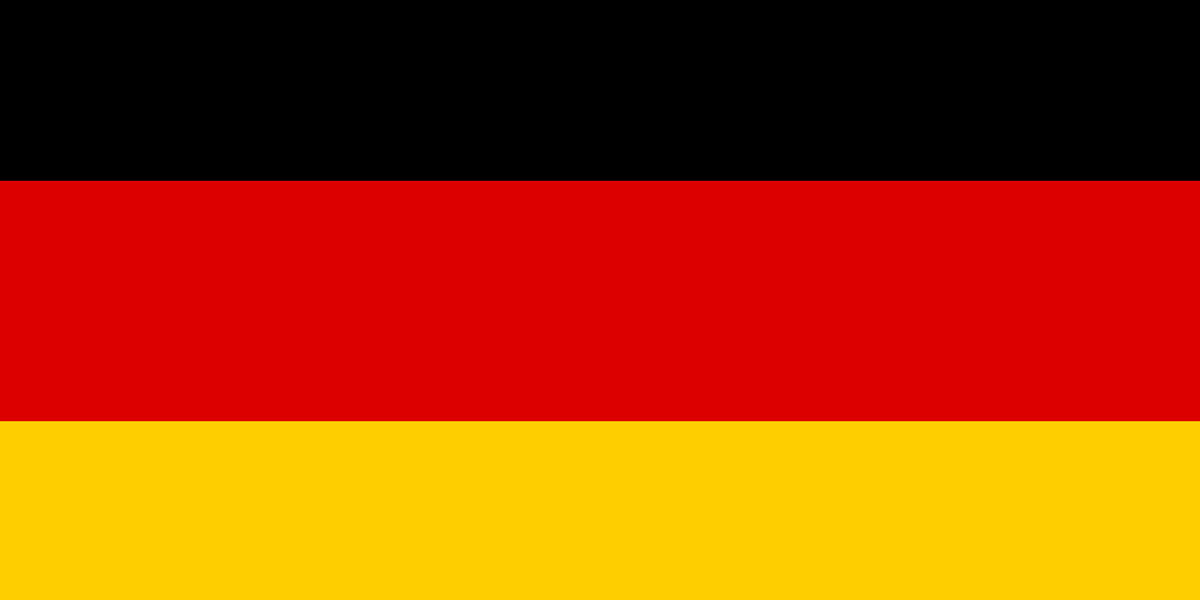Lecture by Dr. Jörg Strassburger at the 9th Annual Chemical Industry Outlook Conference in Mumbai, India
How did the results of the ten most important listed European chemical companies develop between 2007 and 2014? How did the companies react to global economic fluctuations, especially during the financial crisis, and what countermeasures did they take? According to Dr. Jörg Straßburger, the results can be used to derive recommendations for action that can help companies better prepare for market volatility.
The most important findings at a glance:
- Macroeconomic volatility has declined significantly in recent years.
- Companies were able to avoid large fluctuations in profits through improved corporate structures and processes.
- Regional diversity and a broad customer portfolio help to cushion fluctuations.
- During the financial crisis, all leading European chemical companies prevented massive profit losses – with short reaction times and the rapid implementation of ambitious action plans.
High volatility in business results poses a major threat to a company’s survival. Especially when results decline suddenly and unexpectedly, management is forced to react quickly and reduce staff, scale back investment plans, and cut or even eliminate dividend payments, which leads to a negative image of the company among all stakeholders inside and outside the company. This poses the risk that qualified employees will leave the company, investors will sell their shares, and the resulting falling share price will make the company an easier takeover target.
But positive volatility in results is also undesirable (although this is of course less critical), as it gives rise to expectations for the future that are unlikely to be fulfilled in the long term.
Therefore, it is in the interest of companies to minimize the volatility of business results and keep the company on a constant growth path.
For the presented study, ten listed European chemical companies were examined to determine how they deal with negative volatility in their markets and what measures they take to minimize the impact on their business results.
The study examined a period from 2007 to 2014, which also included the global economic crisis of 2008/2009. During this period, several markets were affected by massive sales declines, and companies came under considerable pressure to reduce the impact of the collapsing markets on their business results—with drastic measures.
In his presentation, Dr. Straßburger outlined the measures (and the success) companies responded to these changes. It became clear that flexibility and speed of response were key factors. Rapid action was essential: reducing staff, lowering inventory costs, renegotiating purchasing terms – the range of measures extended across all areas. It became clear that regional diversity and a broad customer portfolio proved to be a good buffer against earnings fluctuations. However, a broad product portfolio does not necessarily offer protection against earnings fluctuations.
Ultimately, according to the results of the study, all of the companies examined were able to limit their profit fluctuations to at least 60% of the 2007 baseline value with the measures presented.
The Annual Chemical Industry Outlook Conference takes place annually in Mumbai, India, at the invitation and initiative of the Indian Chemical Council (ICC) in cooperation with the Ministry of Chemicals & Fertilizers. Participants include industry representatives from India, Europe, and the USA.



